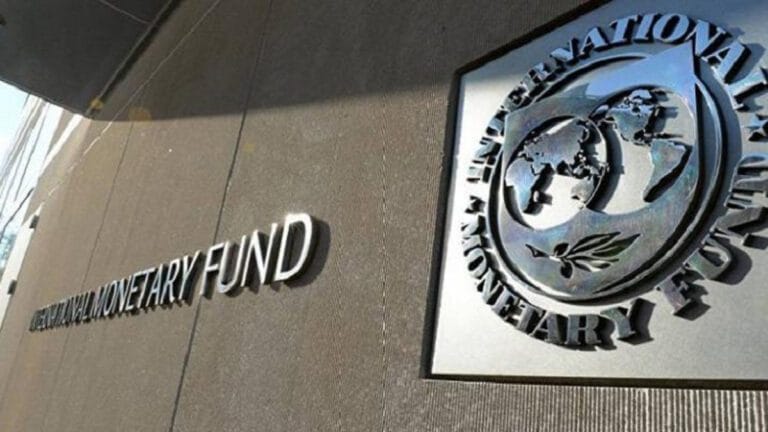From November 25–29, 2024, Tajikistan took a significant step toward modernizing its tax administration system with the help of the Tax Administration Diagnostic Assessment Tool (TADAT). This workshop, facilitated by experts from the International Monetary Fund (IMF), is part of the Medium-Term Revenue Strategy (MTRS) for 2024–2029 and promises to transform how taxes are managed, collected, and utilized in the Republic of Tajikistan.
What is TADAT?
TADAT is an internationally recognized framework designed to evaluate the effectiveness of a country’s tax administration system. By identifying the system’s strengths and weaknesses, TADAT provides actionable insights that align with global best practices. This diagnostic tool is essential for improving revenue collection, fostering transparency, and supporting sustainable development.
Why is it Important for Tajikistan?
1. Strengthening Revenue Collection
TADAT helps identify gaps in Tajikistan’s tax administration, such as inefficiencies in revenue management, risk assessments, and voluntary compliance. By addressing these areas, Tajikistan can boost revenue collection to fund critical sectors like education, healthcare, and infrastructure.
2. Enhancing Transparency and Trust
Accountability and transparency are crucial for building public trust in the tax system. With TADAT’s focus on integrity and efficient tax dispute resolution, Tajikistan can encourage more taxpayers to comply voluntarily.
3. Supporting Economic Growth
A streamlined tax administration system reduces administrative burdens on businesses and individuals, creating a more favorable environment for entrepreneurship and investment. This alignment with global standards also makes Tajikistan a more attractive destination for foreign investors.
4. Equipping Tax Officials
The workshop provided hands-on training for Tax Committee staff, helping them master TADAT’s structure and principles. This capacity-building effort equips officials with the skills to implement international best practices and ensures sustained improvement in tax administration.
During the workshop, participants delved into core areas of tax administration, including:
- Maintaining the integrity of the taxpayer database.
- Effective risk management techniques.
- Promoting timely tax declarations and payments.
- Dispute resolution mechanisms to ensure fairness.
- Efficient management of public revenue.
The seminar also featured practical sessions, where participants learned to apply TADAT insights to real-world scenarios, enhancing their understanding of global practices in tax administration.
Broader Implications
Tajikistan’s collaboration with the IMF demonstrates its commitment to fiscal responsibility and economic reform. By adopting TADAT’s recommendations, the country is positioning itself as a forward-thinking nation with a transparent and efficient tax system, essential for long-term economic stability and development.
The TADAT workshop marks a crucial milestone in Tajikistan’s journey toward better governance and tax reform. With improved systems, trained personnel, and international alignment, the country is set to benefit from increased revenue, economic growth, and public trust. This is not just a technical upgrade—it’s a leap toward a more equitable and prosperous Tajikistan.
For further details, clarification, contributions or any concerns regarding this article, please feel free to reach out to us at editorial@tax.news. We value your feedback and are committed to providing accurate and timely information. Please note that all inquiries will be handled in accordance with our privacy policy.



